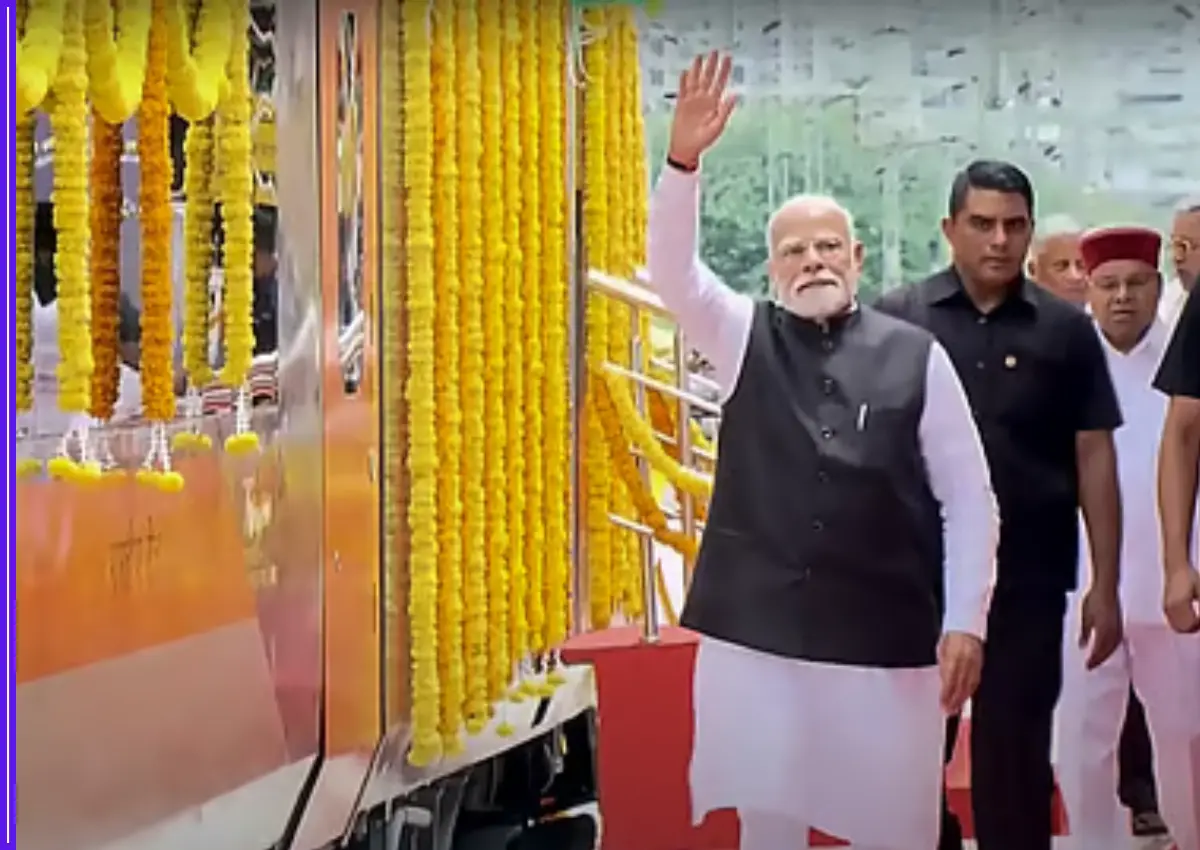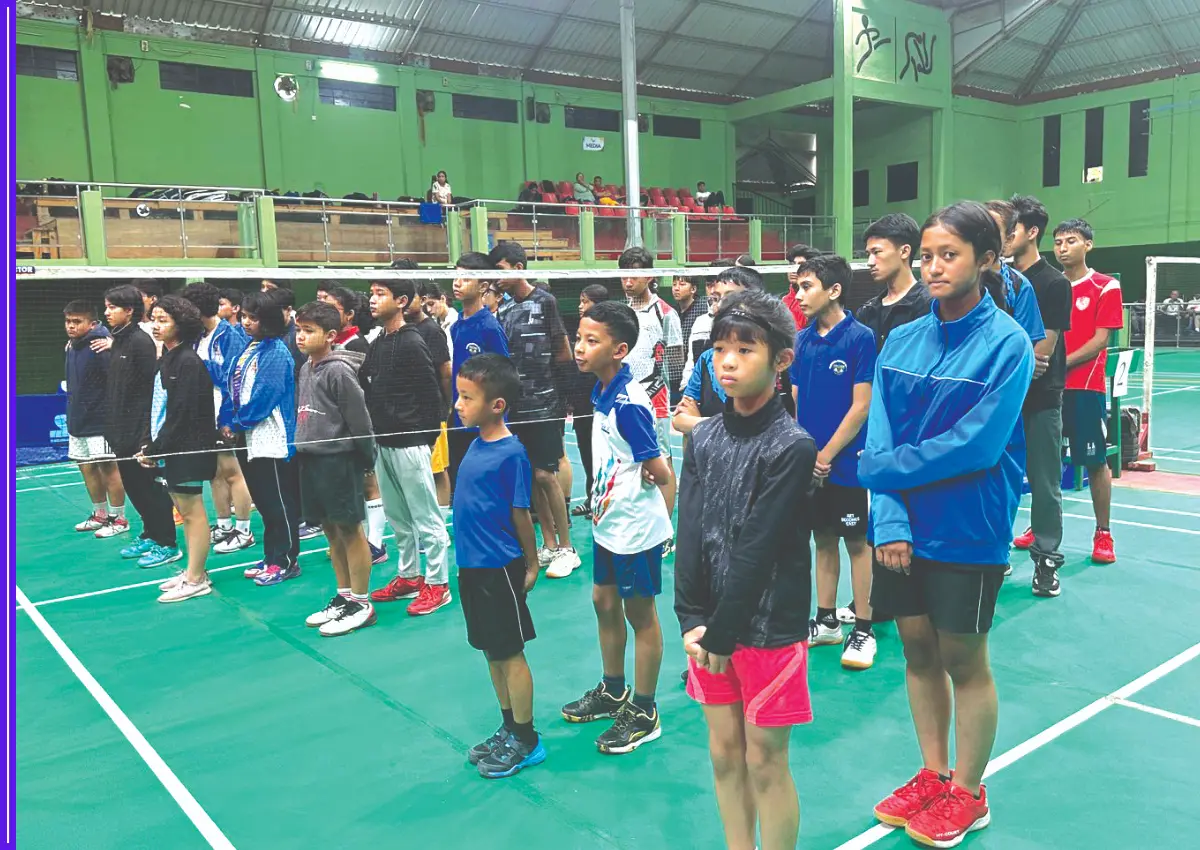Today is a significant day in Nagaland’s political history. The first urban local body elections with 33% reservation for women will be held today. The ENPO has called for a poll boycott in the eastern Nagaland region, therefore there will be no election.
Women’s reservation in urban local body elections has long been a source of contention in Nagaland. In 2017, an effort to hold elections with 33% women’s reserve resulted in violence.
The Chief Minister was forced to quit, and the state government had to abandon its election plans. Women’s groups petitioned the Supreme Court, which ruled that municipal elections be held with a 33% reserve for women.
There are 523 people running for 25 urban local bodies, including three municipalities and 21 town councils. There are 198 women candidates. Initially, 238 women filed nominations, but 23 of them from the eastern region withdrew due to the Eastern Nagaland People’s Organisation (ENPO)’s call for an election boycott over the awaiting construction of the autonomous Frontier Nagaland Territory.
Six districts under ENPO, totaling 14 town councils, will not take part in the local elections.
The State Election Commission (SEC) declared 17 women and 47 men elected unopposed last week. The commission announced Tuesday that voting would take place in 420 polling locations across 214 wards, with 223,636 voters.
Nagaland passed its Municipal Act in 2001, and the first urban local body elections were held in 2004 with no reservation for women.
In 2012, the government issued a notification for the next urban local body elections, however they were cancelled due to protests from tribal entities that challenged the quota and key sections of the Municipal Act.
In September of the same year, the legislature passed a resolution exempting the state from the Constitution’s Article 243T, which deals with the quota for women, but it was reversed in 2016.
In 2017, the state government attempted to organise elections with 33% reservation for women, however it failed. Protesters stormed and set fire to government facilities throughout the state. Powerful tribal organisations argued that reservation for women violated Naga customary rules, as established in Article 371(A) of the Constitution, which safeguards the state’s traditional way of life.
Following the incident, then-Chief Minister TR Zeliang resigned, and the state government proclaimed the electoral process null and unlawful. Later, a few women’s organisations petitioned the High Court, then the Supreme Court.
Following this, the Supreme Court directed the Nagaland State Election Commission to hold elections with a 33% quota for women.









